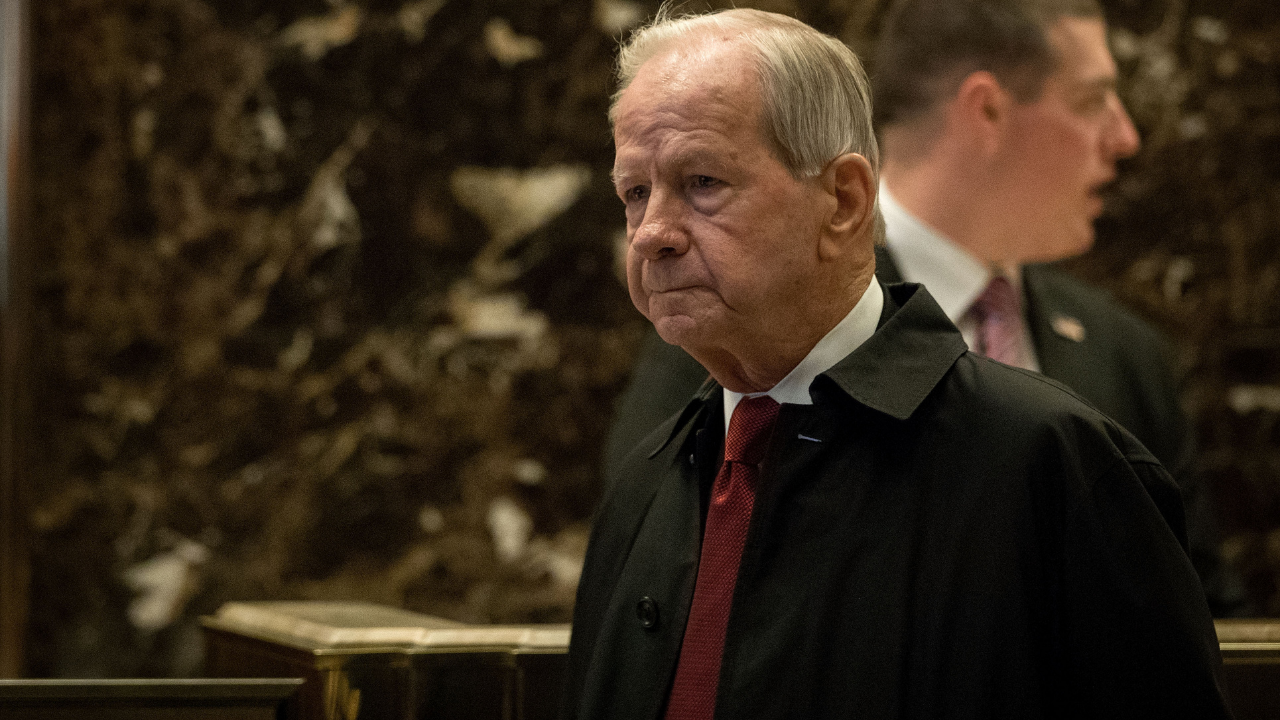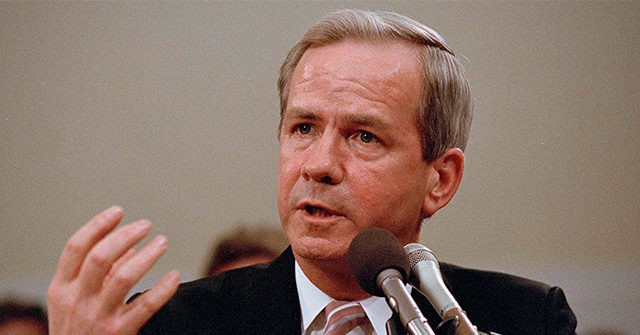basquebromance
Diamond Member
- Nov 26, 2015
- 109,396
- 27,067
- 2,220
- Banned
- #1
McFarlane pleaded guilty to charges of withholding information from Congress in its investigation of an illegal scheme to aid Nicaraguan rebels in the 1980s.

 www.foxnews.com
www.foxnews.com

Robert McFarlane, Reagan national security advisor involved in Iran-Contra affair, dies
Robert McFarlane, an advisor to form President Ronald Reagan who was involved in the Iran-contra scandal, has died at the age of 84.
